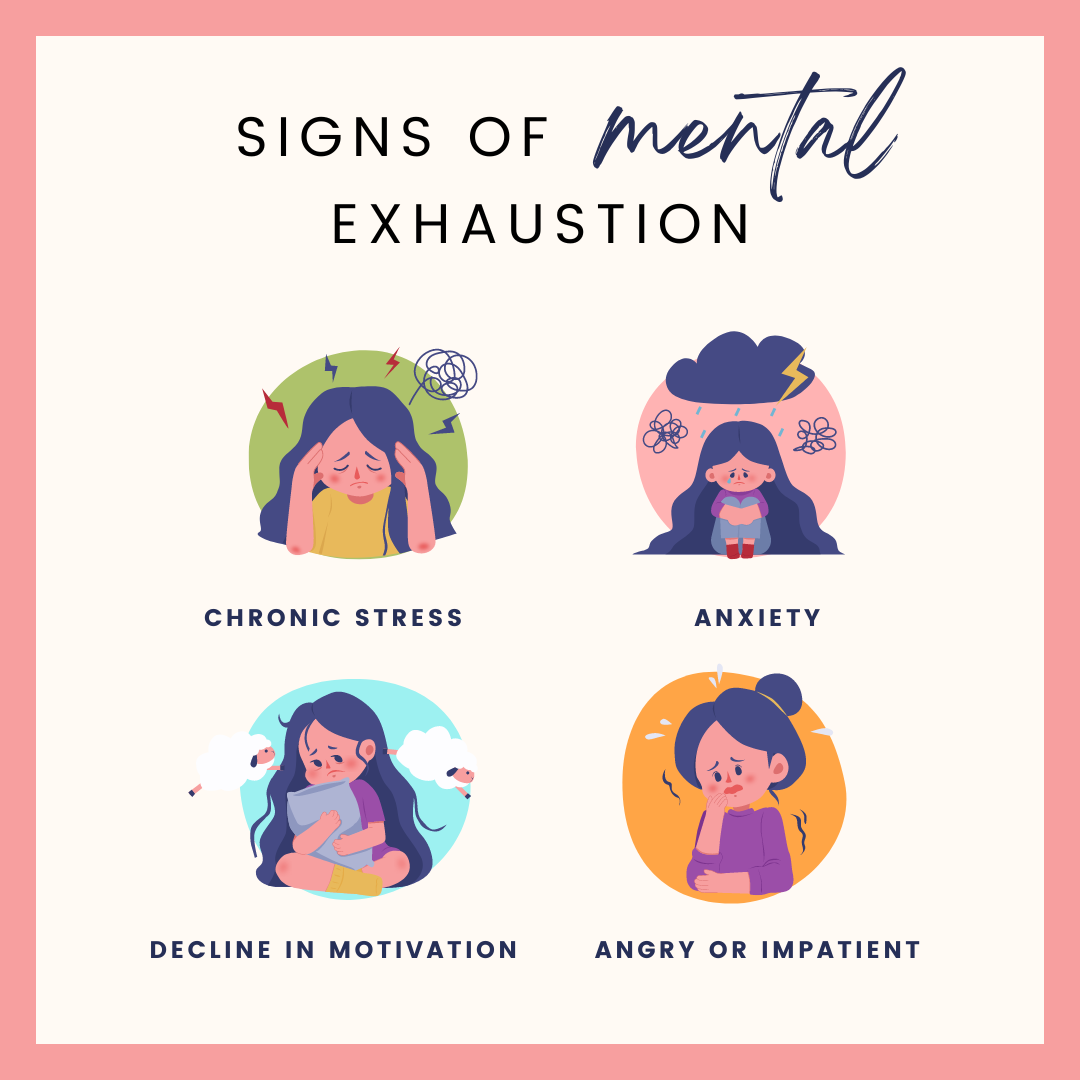Stress management comes to light as a crucial component in the quest of holistic health and well-being, one that is necessary to promote resilience and balance in the body, mind, and spirit. Stress is a common occurrence in today’s fast-paced society, impacting people from all walks of life and frequently having negative effects on general health. Nonetheless, people can develop more harmony and vitality in all facets of their lives by comprehending the complex dynamics underlying stress and putting good stress management techniques into practice.
Stress, in all its manifestations, is a physiological reaction to perceived dangers or obstacles that sets off the body’s “fight or flight” response.
Acute stress can be adaptive, but long-term stress exposure can have detrimental effects on one’s physical, mental, and emotional health. Numerous health problems, such as burnout, depression, immune system deterioration, anxiety disorders, and cardiovascular disease have all been related to long-term stress in studies.
Adopting a diversified strategy to stress management is essential to reducing the detrimental effects of stress on overall health. Mind-body techniques including qigong, yoga, tai chi, and mindfulness meditation are effective means of fostering self-awareness, lowering physiological arousal, and encouraging relaxation. Through these techniques, people can improve their emotional control, become more resilient to pressures, and create inner peace in the face of life’s obstacles.
Furthermore, healthy lifestyle choices like consistent exercise, enough sleep, and a balanced diet are essential for stress reduction and general wellbeing. By encouraging the release of endorphins, the body’s feel-good neurotransmitters, and lowering levels of stress chemicals like cortisol, exercise acts as a natural stress reliever. A nutritious diet high in whole foods and getting enough sleep are two more things that help the body handle stress and support the immunological, neurological, and endocrine systems in the best possible ways.
Effective stress management also includes building social support networks and getting professional help when necessary, in addition to these individual-level strategies. Robust social ties operate as a stress-reduction mechanism by providing emotional support, useful help, and a feeling of community.
In summary, it is impossible to overestimate the importance of stress management in fostering holistic health. Through the adoption of a holistic approach that integrates the mind, body, and spirit, individuals can enhance their resilience, vitality, and overall well-being. Through putting self-care first, making friends, and asking for help when they need it, people may face life’s obstacles head-on and reach their maximum potential for wellbeing.



